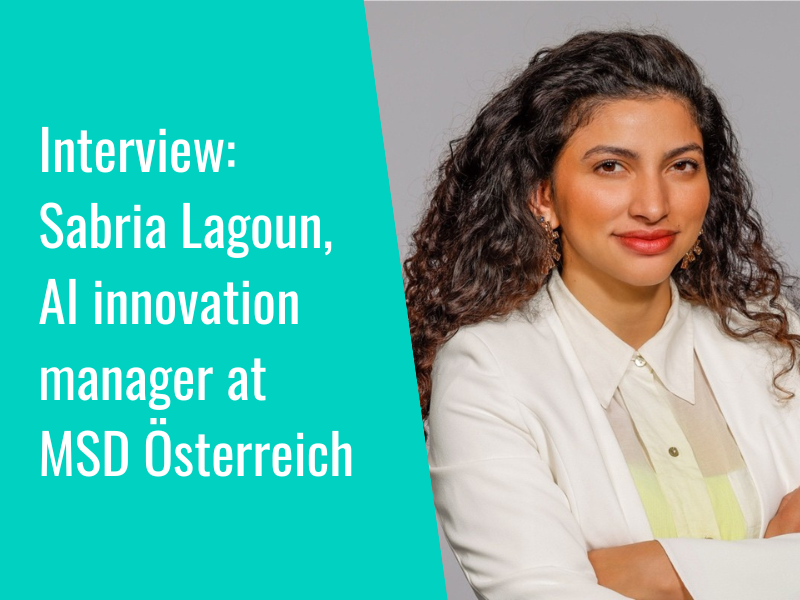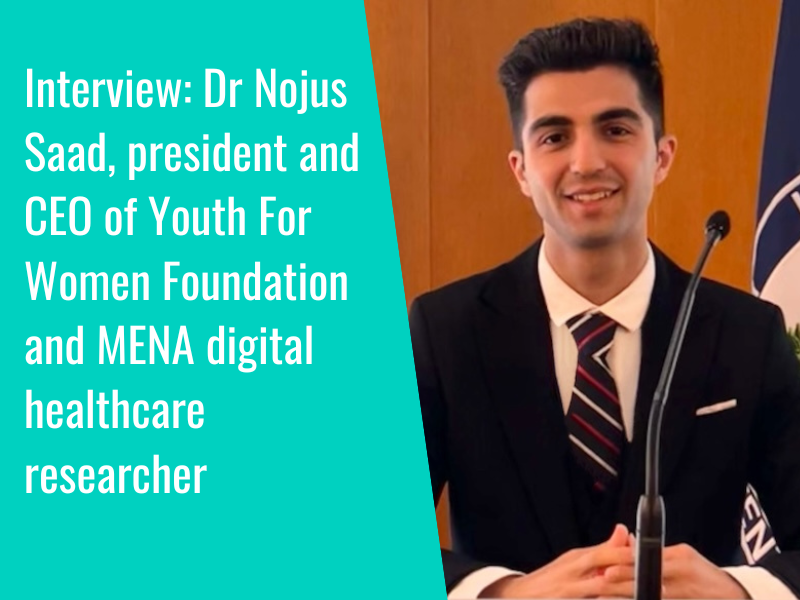The European Parliament has adopted the Artificial Intelligence Act, marking a “landmark” in the regulation of AI in Europe, whilst “boosting innovation and establishing Europe as a leader in the field”. The new rules ban certain AI applications that are deemed to threaten citizen’s rights, as well as establishing obligations for AI based on “potential risks and level of impact”.
The Act sets out obligations for systems deemed “high-risk” in terms of health, safety or fundamental rights, including in critical infrastructure, education, employment, law enforcement, and justice and democratic processes. Systems will be obliged to assess risks, maintain use logs, retain transparency, and ensure human oversight. Citizens will be able to submit complaints and receive explanations of “decisions based on high-risk AI systems that affect their rights”.
Banned applications of AI include biometric categorisation systems creating facial recognition databases “based on sensitive characteristics and untargeted scraping of facial images from the internet or CCTV”; social scoring; predictive policing; and AI that manipulates human behaviour.
Brando Benifei, Group of the Progressive Alliance of Socialists and Democrats in the European Parliament, said: “We finally have the world’s first binding law on artificial intelligence, to reduce risks, create opportunities, combat discrimination, and bring transparency. Thanks to Parliament, unacceptable AI practices will be banned in Europe and the rights of workers and citizens will be protected. The AI Office will now be set up to support companies to start complying with the rules before they enter into force. We ensured that human beings and European values are at the very centre of AI’s development.”
On supporting innovation with AI, the Act commits to establishing regulatory sandboxes and opportunities for real-world testing for SMEs and start-ups at a national level, to “develop and train innovative AI before its placement on the market”.
To learn more about the new Artificial Intelligence Act, please click here.
Also on AI, the Windreich Department of Artificial Intelligence and Human Health at the Icahn School of Medicine, Mount Sinai, has been awarded $1.95 million to create a new fellowship program. The funding will support “an inaugural cohort” of five fellows for a three-year fellowship under The Eric and Wendy Schmidt AI in Human Health Fellowship Program.
- 1
- 2

















